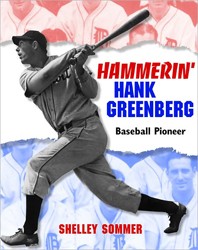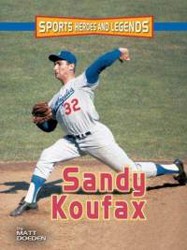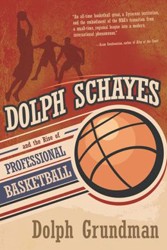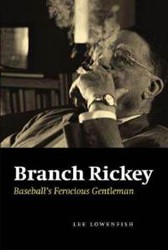Barney Ross reigned supreme in the golden age of Jewish boxing. For those first-generation American Jews whose paths didn’t lead to the City University of New York or medical school, the streets, the stage, and the boxing ring often offered opportunity, and Ross took this opportunity with two fists.
Beryl Rasofsky had not been destined for the ring. His father was a Talmudic scholar who fled the pogroms of Eastern Europe and settled in Chicago’s ghetto, where he struggled to feed his family and raised his children in strict observance of Jewish law. An accomplished student of Hebrew and Talmud, Barney was also adept at street life, fighting with the Italian-American gangs, swiping fruit from pushcarts, and gambling on street corners. His father’s murder, when Barney was 14, broke up the family and recharted his life.
Bitter and angry, Barney abandoned Judaism, left school behind, and earned his living here and there. At 15 he found his way into a fight club and over the next few years made a local name in amateur bouts, turning professional at 19 and then blazing his way to the lightweight, junior welterweight, and welterweight world championships. At a time when creative ethnic labels were a function of sportswriting and boxing matches were often billed as one hyphenated American against another, the “pride of the ghetto” represented the Jews, succeeding Benny Leonard in boxing and ranking with baseball star Hank Greenberg.
But his stunning boxing career is not Barney Ross’ whole story. In 1942, at the age of 33, he talked his way into the Marines and active duty, and on Guadalcanal fought the battle of his life, winning a Silver Star. The terrible wounds he suffered pained him throughout his life and led to an addiction to morphine. He won that battle, too — the toughest of his life, he said — and publicly crusaded against drugs. Despite his adolescent anger, Ross led an active and public Jewish life. He spoke out against Nazi persecution during the war years, an unpopular position, and was an open Zionist, championing a Jewish state.
In this first full-fledged biography of Ross, a volume in the Jewish Encounters series, Douglas Century, author of Street Kingdom, captures this vibrant and humane man and his era in all its color. More than the life of a great boxer, Barney Ross is a vivid portrait of Jewish-American street and sporting life — both for participants and for spectators — in the first half of the 20th century. Appendix, biblio., chronology, photographs.
Maron L. Waxman, retired editorial director, special projects, at the American Museum of Natural History, was also an editorial director at HarperCollins and Book-of-the-Month Club.





